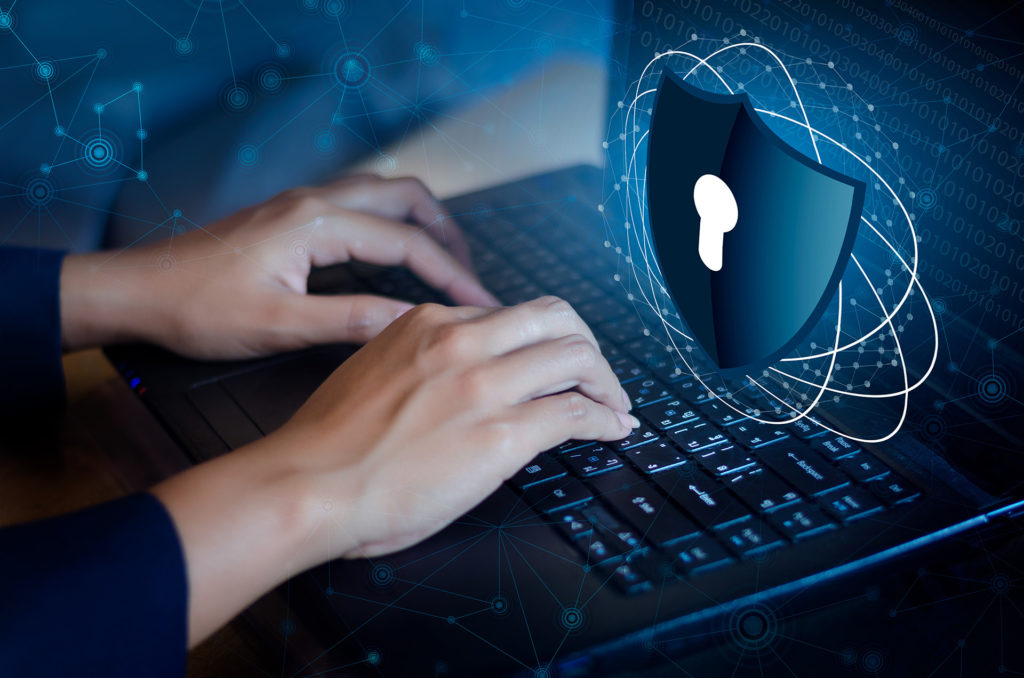Warding Off Threats: Critical Infrastructure Security Best Practices for 2024

Are you worried about the growing threats to critical infrastructure security? As we approach 2024, investing in measures that protect power grids, transportation systems, and healthcare facilities from cyberattacks is crucial. Vulnerability assessments, penetration testing, and incident response planning will be essential in defending against disruptions. In this article, we’ll explore the significance of strategic […]
3 Cybersecurity Strategies Businesses Must Think About

If your business struggles with network security, you’re not alone. It’s one of the most challenging parts of running a business, and even if you do invest a ton of time, effort, and money into your security systems, chances are you could still be doing at least something better. Today, we want to talk about […]
Everyday Cyber Security Tips For Businesses

Cyber Security Tips Businesses of all sizes are facing cyber security threats on a continuous basis. Since these threats are evolving each day, it is prudent to consider daily tips that can help you protect your business from such malware. That will not only promote continuity but also protect your valuable investment in the infrastructure […]
4 Cyber Security Tips for Employees Who Work Remotely

4 Cybersecurity Tips Thanks to the internet, many businesses now allow employees to work remotely part of the time or even most of the time. However, this presents a whole slew of security concerns. Here are some cyber security tips for employees who work remotely. Be Wary of Anything Public Public WiFi certainly makes staying […]
Cybersecurity: Never Leave Your Devices Unattended

People leave their electronic devices, be they phones or laptops, completely unattended every single day. Of all the ways that your device can be stolen, such carelessness is the most easily avoided of them all. It is actually rather scary how common it is to see someone just leaving their electronic devices lying out in the […]








